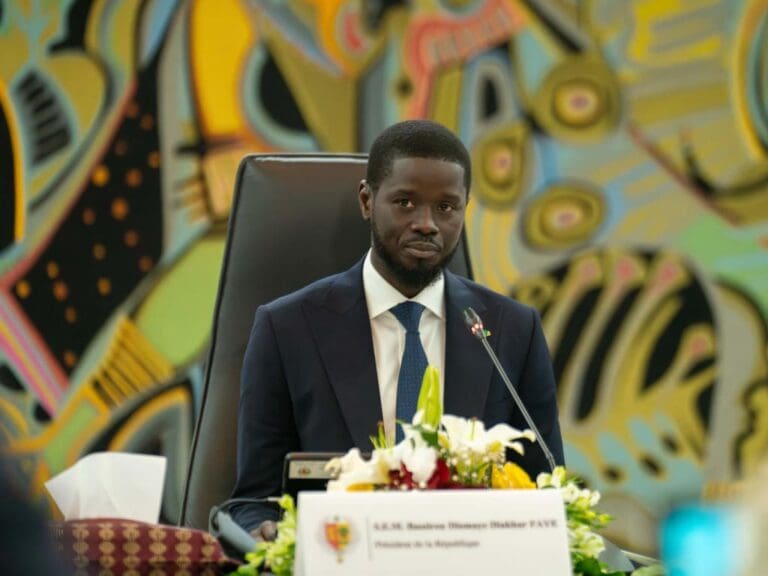A key topic? The recent withdrawal of Burkina Faso, Mali, and Niger from the regional bloc.
Nigerian President Bola Tinubu, the current ECOWAS leader, tasked Faye with a critical mission: convince the three Sahelian countries to rejoin the organization. Faye readily accepted the challenge.
“We can’t just sit back,” declared Faye upon arrival in Dakar. He emphasized the need for dialogue and reconciliation between ECOWAS and the departed nations, particularly the newly formed Alliance of Sahel States (AES).
While the departing countries stated their withdrawal was immediate, ECOWAS rules mandate a one-year waiting period. Faye plans to leverage this time to influence the AES nations. “I hope for sufficient discussions before the deadline to strengthen the organization and address shared challenges,” he stressed.
Faye acknowledged criticisms levied by the departing nations – accusations of ECOWAS being subservient to Western powers. He called for the organization to shed such “clichés” and better serve its member states.
Faye, a self-described pan-Africanist, highlighted his pre-election visits to these countries, aiming to strengthen relations and bridge the gap between them and ECOWAS.
Faye noted a shift within ECOWAS, with the organization now focused on appeasement rather than the previously proposed military action against Niger (opposed by Mali and Burkina Faso). This change in strategy suggests optimism for a successful mediation.
Faye concluded by expressing confidence in Senegal’s diplomatic prowess. “Our country’s greatness lies in its leaders, especially those who built our diplomatic respectability. We must preserve and strengthen that legacy,” he declared.
Faye’s leadership in this mediation effort is crucial for both ECOWAS’s unity and regional stability. The coming months will reveal if his diplomatic skills can bridge the divide and bring the departed nations back into the fold.
ODL/ac/Sf/fss/abj/APA


